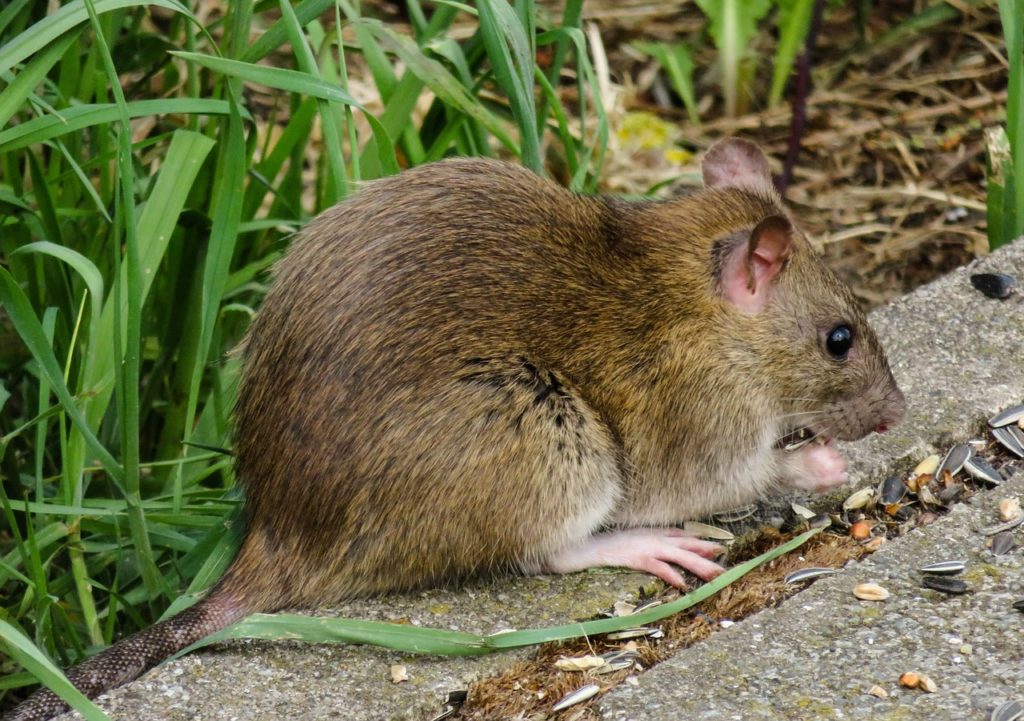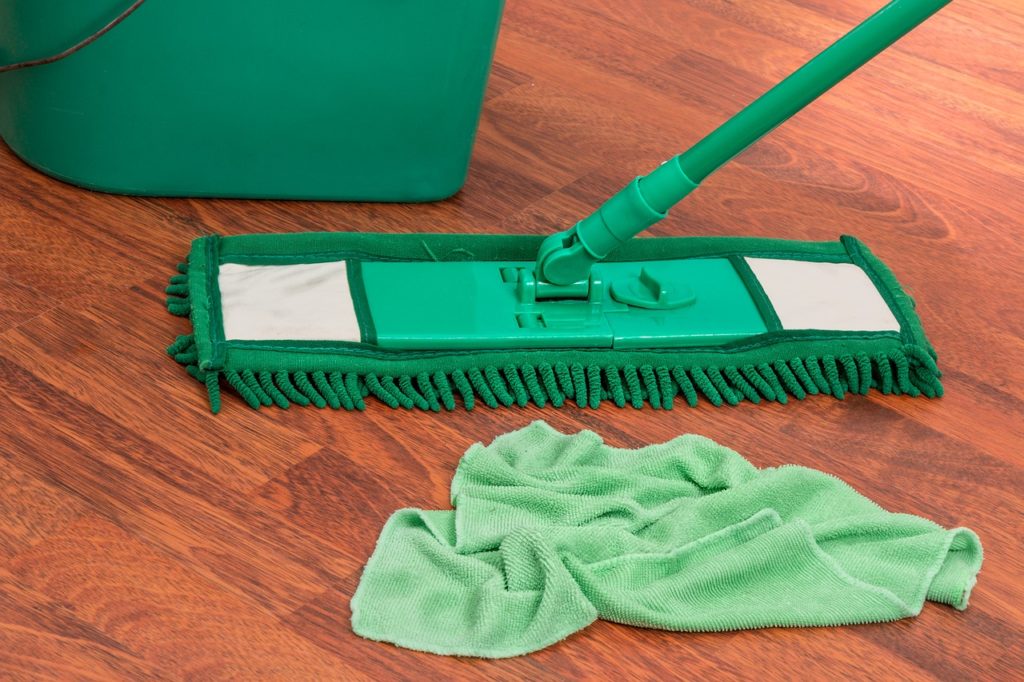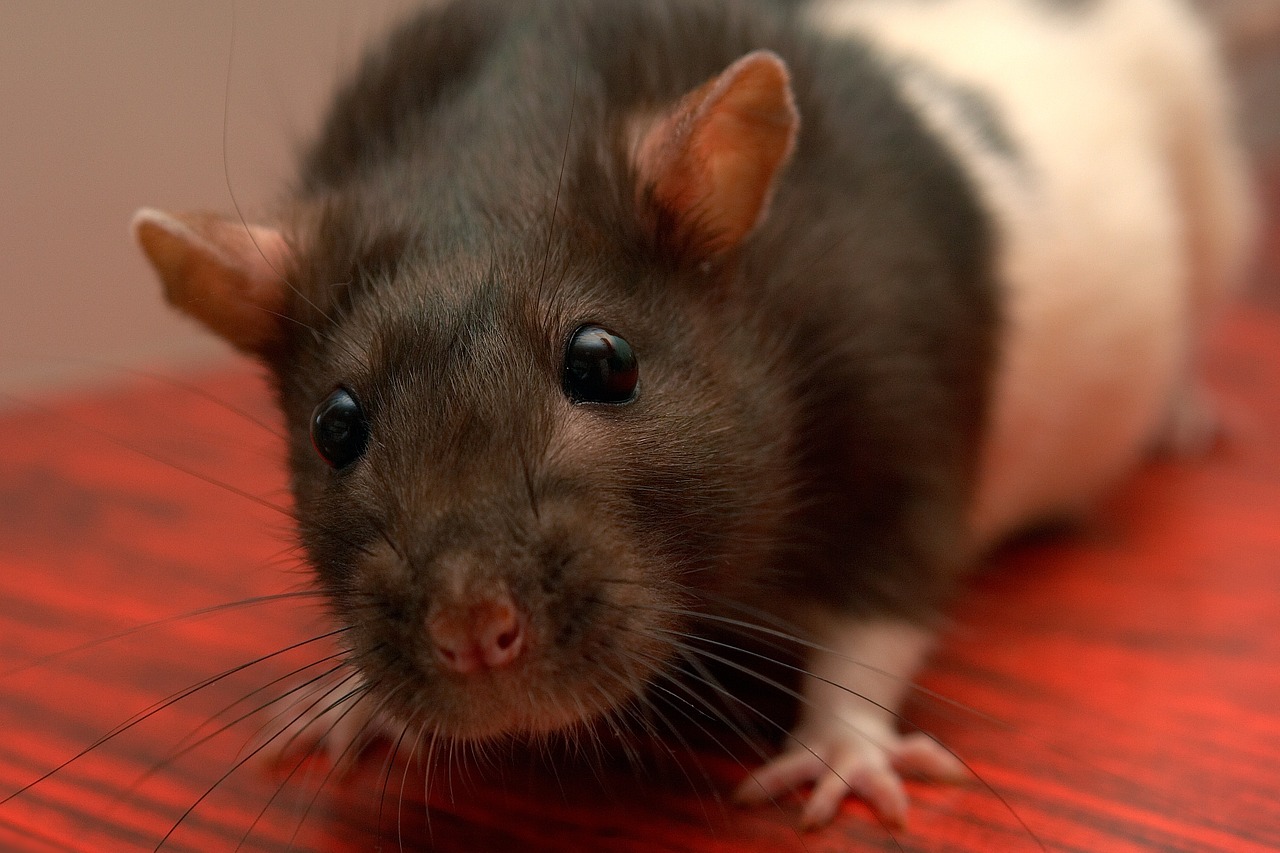There are many ways to get rid of rats – hopefully, you would do so as humanely as possible. But what do you do after you actually kill these rodents? How do you dispose of dead rats?
Why you should properly dispose of dead rats
You should always dispose of dead rats in the proper manner because rats spread diseases whether they are dead or alive. Dead rats can also stink up your home and attract other pests.
- Rats are notorious spreaders of diseases. Rats can spread diseases in a variety of ways. They can spread diseases by biting you, letting you consume something with their feces or urine, or making contact with you. For instance, you can get leptospirosis by eating or drinking something that is contaminated with the urine of an infected rat. You can also get salmonellosis by eating or drinking something that is contaminated with rat feces.
- Dead rats can stink up your home. Rats are not exactly considerate creatures. They don’t just die in the open where you can easily find them and pick them up. When rats are about to die, they usually crawl and squeeze in the most inaccessible places in your home. This is especially true if you are using rat poison. Rat poisons can take weeks to finally be lethal, giving rats plenty of time to hide and die in the deep corners of your home. It’s possible that you won’t even know they are already dead until their rotting corpse stinks up the place.
- Decomposing animals can attract other pests. Animal corpses are not just disgusting health hazards by themselves. They can also lead to more pest infestations, making your household even more vulnerable to more health hazards. The dead rats in your home can attract scavenging pests such as fleas, maggots, and ticks.

How to dispose of dead rats
You can call pest control professionals to dispose of dead rats for you. But if you want a more hands-on approach, you can definitely do it yourself. But remember that rats are notorious spreaders of diseases whether they are dead or alive, so you should be extra careful in handling them.
1. Wear protective gear
You don’t want to make direct contact with rats whether they are dead or alive. Their bodies are full of bacteria. Their feces and urine are also dangerous vectors of diseases. Sure, you may think that you are not stupid enough to consume something with rat feces and urine, but accidents do happen. Even just accidentally inhaling dust that is contaminated with rat feces and urine can make you sick.
At the very least, you should wear gloves and masks. But you should also consider wearing long-sleeved shirts and pants for further protection. It is also a good idea to bring a shovel with you, so you can scoop the dead rats instead of touching them directly with your gloved hands.
2. Find the dead rat
Weak rats don’t have the energy to run around your property to search for food. They go back to their nest to rest and die. This is both good and bad news. It is good because at least you have the slightest idea of where they are. It is bad because the rat nest in your home is most likely secluded and hard to find.
The most common areas for rat nests are attics, basements, lofts, and random cavities inside your home, such as the ones you can find in insulations and walls. Rats also nest in relatively soft materials like cardboard boxes.
3. Extract the dead rat
You can extract the dead rat using your gloved hands. But it’s also ideal to scoop it with a shovel to avoid direct contact.
If the dead rat is in a rat trap, be extra careful in handling the trap to avoid injuring yourself. This is especially true if the kind of rat trap you are using is a snap trap. Also, make sure you don’t make direct skin contact with the trap if you are planning to use it again. Rats have an incredible sense of smell, and touching rat traps will rub your scent on them and make them ineffective.
4. Put the dead rat in a plastic bag
Prepare the dead rat for disposal by putting it in a plastic bag. If there are other materials around the dead rat, such as their droppings and nest clippings, put them in the plastic bag as well. Seal the plastic bag tightly and put it in another plastic bag for extra protection.
While putting the dead rat and the other materials in the plastic bags, avoid squeezing the bags in an effort to expel the air from inside them. Remember that even just inhaling rat-contaminated dust can make you sick.
5. Know if your city allows the disposal of dead animals on garbage cans
You may think that disposing of dead rats is fairly simple. You simply put them in a plastic bag and throw them in the trash, right? But it’s not as simple as you think. For health reasons, many cities have strict rules about the disposal of dead animals in garbage cans.
To know if it is okay in your city to simply throw the plastic bag with the dead rat in the garbage can, ask local authorities. If it is not, ask them about the proper procedure. If you don’t want to bother, you can also just call a pest control professional to do the disposal for you.
6. Clean up
Clean the area where you found the dead rat. There may still be debris or residue that is enough to be a health risk to you and your family. Avoid cleaning routines that can create dust clouds, so it’s not ideal to use brooms, brushes, or vacuum cleaners. Use mops and paper towels instead.
Don’t forget to use commercial disinfectants and follow the instructions on their labels for maximum effectiveness. If you want to make your own disinfectant, you can mix bleach and water in a 1:10 ratio.

It’s important to properly dispose of dead rats
Dispose of dead rats properly because these pests are notorious spreaders of diseases whether they are dead or alive. Their rotting corpses can also stink up your home and attract other pests that can also be health risks down the line.
You can get help from pest control professionals. But if you want to dispose of the dead rats yourself, it’s possible with a few precautionary measures.

